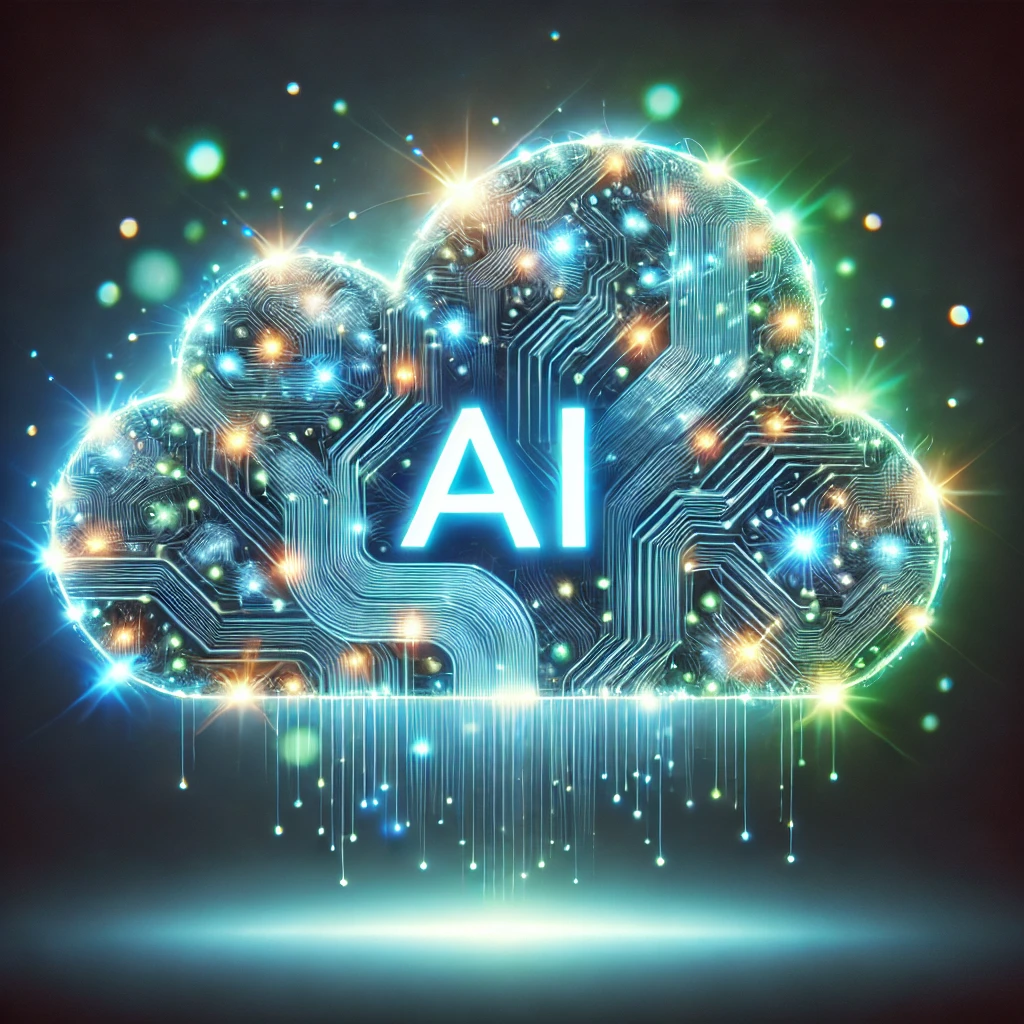Cloud computing has become a vital component of modern business operations, particularly in the fields of artificial intelligence (AI) and machine learning (ML). Major providers such as Amazon Web Services (AWS), Microsoft Azure, and Google Cloud Platform (GCP) dominate the market with extensive service offerings designed to meet a wide array of organizational needs. However, customers frequently encounter significant challenges, including complex pricing structures, overwhelming service options, and a lack of tailored support for AI-specific projects. These issues can hinder efficient deployment and cost management, leading many organizations to seek alternative solutions better suited to their unique requirements in AI and ML development.
In contrast, Nebius emerges as a notable competitor within the cloud computing landscape, focusing exclusively on the needs of AI and ML workloads. By delivering specialized services that prioritize cost efficiency and user-friendly interfaces, Nebius aims to address the shortcomings commonly associated with larger cloud providers. Its offerings, such as the Nebius AI Studio, provide businesses with affordable access to cutting-edge open-source models, often at prices significantly lower than those charged by AWS, Azure, and GCP. This focus on AI-centric solutions enables Nebius to deliver tailored support throughout the machine learning lifecycle, from data processing to model deployment.
The distinction between Nebius and its larger counterparts highlights important ongoing discussions in the tech industry regarding the effectiveness of cloud services for AI applications. Customers of AWS, Azure, and GCP frequently express frustrations over the lack of targeted support and the high costs associated with using generalized cloud services for specialized AI tasks. Nebius counters these concerns by offering a more streamlined and accessible platform designed to facilitate the efficient implementation of AI technologies without the complexities often associated with larger providers.
As organizations increasingly prioritize AI and ML capabilities in their operations, the competition between established cloud giants and emerging players like Nebius is likely to intensify. The contrasting approaches underscore the evolving landscape of cloud computing, where the demand for specialized, user-friendly services tailored to AI needs is growing, prompting further scrutiny of the existing models provided by AWS, Azure, and GCP.
Major Cloud Providers
Cloud computing has become a crucial aspect of business operations, particularly in the realm of artificial intelligence (AI) and machine learning (ML). Among the leading cloud providers, Amazon Web Services (AWS), Microsoft Azure, and Google Cloud Platform (GCP) stand out for their comprehensive offerings, though each presents unique challenges for users seeking AI and ML capabilities.
Amazon Web Services (AWS)
AWS offers a robust suite of cloud computing services catering to a wide range of applications, including storage, databases, and machine learning tools. Its advantages include:
- Scalability and cost-effectiveness: Allows businesses to leverage powerful computing resources without the burden of managing physical infrastructure.
- Reliability and speed: Supported by a user-friendly AWS Management Console.
- Serverless computing: Options like AWS Lambda enable users to run workloads without server management.
However, users often face challenges:
- Complex pricing structure: Can lead to unexpected expenses if not closely monitored.
- Overwhelming service options: Requires expertise to navigate effectively.
- AI-specific limitations: Many services require considerable customization to meet AI and ML needs.
Microsoft Azure
Microsoft Azure provides a comprehensive cloud platform with a strong focus on AI and ML services. Key features include:
- Azure Machine Learning: Facilitates the development, training, and deployment of ML models, including automated ML capabilities.
- Prebuilt AI modules: Integrates with open-source frameworks like TensorFlow.
Challenges with Azure include:
- Service complexity: Similar to AWS, Azure’s extensive offerings can be difficult to navigate.
- Steep learning curve: Particularly for organizations unfamiliar with Microsoft’s ecosystem.
Google Cloud Platform (GCP)
GCP specializes in AI and ML technologies, offering tools such as:
- Vertex AI: An end-to-end machine learning platform covering data preparation, training, deployment, and monitoring.
- Advanced AI tools: Integration with TensorFlow and Cloud TPUs for machine learning research and development.
Despite its specialization, GCP presents challenges:
- Integration difficulties: Services can be hard to incorporate into existing workflows.
- Limited support: Documentation and customer support lag behind AWS and Azure.
Comparison with Nebius
Nebius distinguishes itself by focusing on the specific needs of businesses engaged in AI and ML workloads. Key differentiators include:
- Cost efficiency: Affordable access to cutting-edge open-source models.
- User-friendly interfaces: Simplifies AI and ML processes without requiring extensive technical expertise.
- Tailored support: Streamlined services designed for the entire machine learning lifecycle.
Case Studies
AWS
- Netflix: Uses AWS tools like SageMaker and Lambda to enhance its AI-driven recommendation engine, ensuring high performance and scalability.
- Intuit: Leverages AWS’s scalable resources for managing financial data, improving customer service and product offerings.
Azure
- Microsoft Office 365: Integrates Azure’s machine learning services for intelligent suggestions and automated insights.
- LinkedIn: Employs Azure’s data analytics tools to optimize job recommendations and enhance user engagement.
GCP
- Spotify: Utilizes GCP’s BigQuery to analyze user listening habits and deliver personalized playlists.
- Snap Inc.: Leverages GCP’s AI tools to develop augmented reality (AR) filters for Snapchat.
Nebius
Nebius’s streamlined services reduce barriers for businesses implementing AI technologies. Positive customer feedback highlights:
- Simplified cost structures: Transparent billing and lower operational costs.
- Tailored support: Designed specifically for AI and ML workloads, resulting in higher satisfaction.
Customer Feedback and Satisfaction
Feedback from customers of AWS, Azure, and GCP often highlights:
- Cost estimation difficulties: Complex pricing structures lead to unpredictably high bills.
- Generic services: Often require specialized expertise to optimize for AI workloads.
In contrast, Nebius receives positive reviews for:
- Streamlined experience: User-friendly platform tailored for AI projects.
- Improved performance: Focused tools for data analysis and actionable insights.
Conclusion
As AI and ML capabilities become increasingly central to business operations, the competition between major cloud providers and specialized players like Nebius will continue to evolve. Nebius’s focus on cost efficiency, tailored support, and user-friendly interfaces offers a compelling alternative for organizations seeking specialized cloud solutions for AI and ML workloads.

Leave a Reply